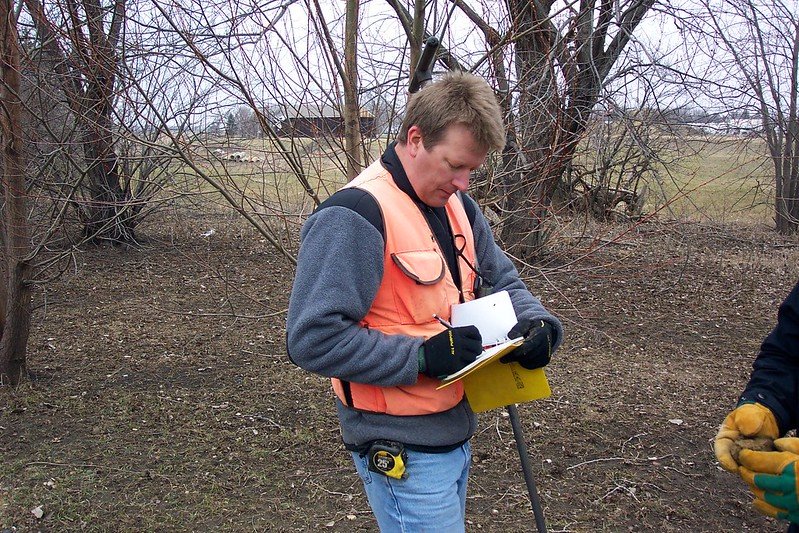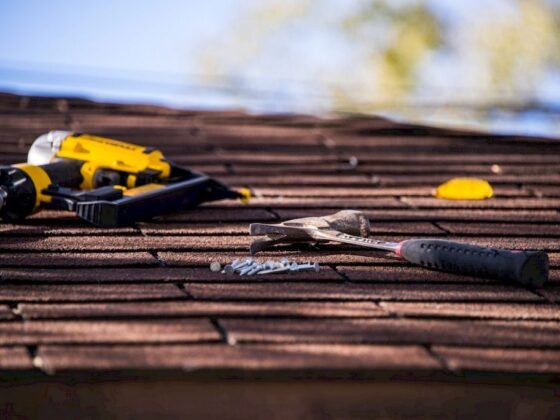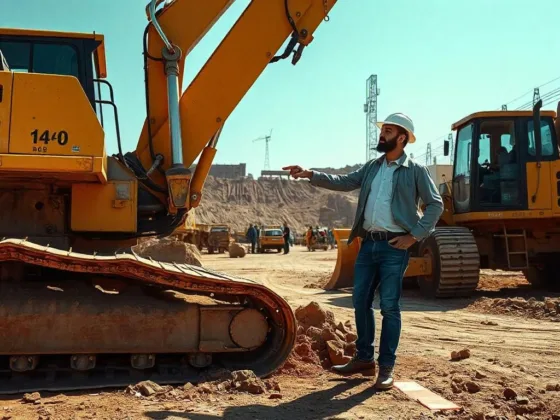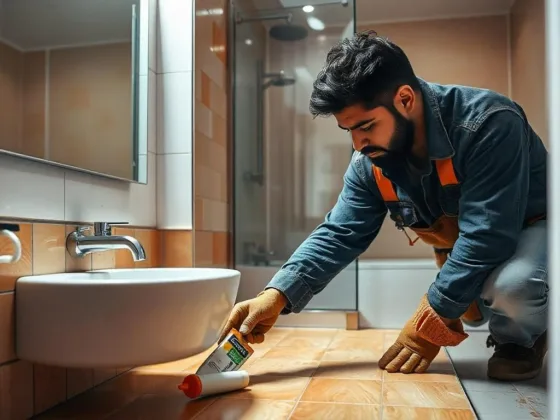Table of Contents Show
Septic systems are supposed to last over two decades. But just like any other system, during that period, you’ll need to schedule routine maintenance several times. Even if your system appears to be working perfectly, it doesn’t mean it will continue functioning like that.

These inspections become particularly important when you’re buying a home. You don’t want to inherit problems that come with additional expenses. The article below explains why septic inspections are necessary.
What Does a Septic Inspection Entail?
Most homes have septic systems that treat and dispose of wastewater from the shower, sinks, toilets, and washing machines. And while the systems have been designed to last a long time, structural issues can occur, including blockages due to clogged sections.
For this reason, an inspection for your septic system is necessary. Ignoring it can lead to health implications or make your home inhabitable. Many home buyers hire a third-party inspector to check the system and ensure everything is in good condition.
An inspection is a formal check-up to identify the tank’s condition. Once the inspector is done, you’ll get a report describing the system’s condition.
If there are problems like leakages, the report will mention how severe they are. Before the inspection, some of the questions you can ask expect to answer include the following:
- Location of the septic tank
- Whether you’ve had the system pumped and when was the last time you did it
- Available history maintenance
- Where the covers are located
This information is going to be useful in two ways. For starters, it will help the inspector know what to look for. Secondly, it gives you an idea of what septic inspection and maintenance look like.
Read Also:
The Reasons for a Septic System Inspection
An inspection is necessary if you’re trying to buy or sell a home with a septic system. And considering that this will be an important part of your home, you need to hire experts to do the job. Septic inspections help keep everyone living around your home safe.
Additionally, these inspections aren’t time-consuming. The inspector will come and check its condition, and you will get your report in no time. As a homeowner, it’s also important to watch out for signs of septic system failure. That information will help you know when to request septic tank repairs before they worsen.
What Happens During a Septic Inspection?
The two types of septic inspections include visual inspections and full inspections.
Visual Inspection
A visual inspection is often brief and done by a home inspector. It involves asking questions such as the last time you had the system inspected and how old the property is.
The inspector will flush the toilets to see if they work properly and check the water pressure. Note that this isn’t an in-depth inspection and often can’t tell the real problems with the system.
Full Inspection
Although this type of inspection is similar to a visual inspection, it’s more detailed. Professionals and skilled experts do this kind of inspection as they have the right tools and equipment for the job.
The inspectors go as far as checking the water level of the septic tank to ensure it drains properly. They also run several tests to assess the tank’s condition. Some of the other things the inspector will look at include the following:
- Puddles: Standing water means your septic tank has a problem, which can be an issue for household members, including your pets.
- Green grass: Most homeowners love green grass, but it can be a problem if it’s only in some areas. Call an expert immediately to check the system.
- Bad odor: Inspectors will also check whether your septic tank is producing a stinky smell and advise you on what you can do about it.
- Plumbing back-ups: This problem could mean the septic system is faulty and needs repairs. The issue could be small, but it’s worth checking it out.
How Often Should You Request for Septic Inspection?
According to the Environmental Protection Agency (EPA), you should inspect your tank once every three years. This is also the time to call a professional to pump the tank. Septic inspections are necessary to keep the tank healthy and in proper working order.
Unfortunately, despite advice from experts, most people wait for even five years before requesting septic inspections. Others wait until something is wrong before bringing in the experts.
At this point, you may find it’s too late, and you have to replace the whole system, which is costly. Regular inspections not only save you money but prevent unwanted surprises.
How to Maintain Your Septic System
You can prolong the lifespan of your septic system by maintaining it. For instance, don’t flush paper towels, baby wipes, tampons, and other foreign objects that don’t degrade easily in a septic system. Aside from tissue, everything else should go to the trash.
Use your garbage disposal frequently. It will break down any that could have ended up clogging the pipes and affecting the septic inspection.
At the same time, avoid pouring cooking oils and grease down the drain. It will clog up your septic system. Instead, allow them to cool and harden, then throw them in the trash.
To maintain septic systems, most people pour chemicals down the drain to unclog blockages. These chemicals may offer immediate solutions, but they have long-term effects.
They mess with bacteria in the septic tank, preventing it from doing its job effectively. Instead, if you have a clog, call professional plumbers to check it out and unclog using the right tools.
Lastly, if you own a sump pump, don’t hook it up to your septic system. These pumps direct a lot of water to your system, affecting how it breaks down waste.
Whether you’re buying or selling a home, or just an ordinary homeowner, make sure you call experts for a septic system inspection. It will give you peace of mind knowing the system’s condition and allow you to take the right measures.









